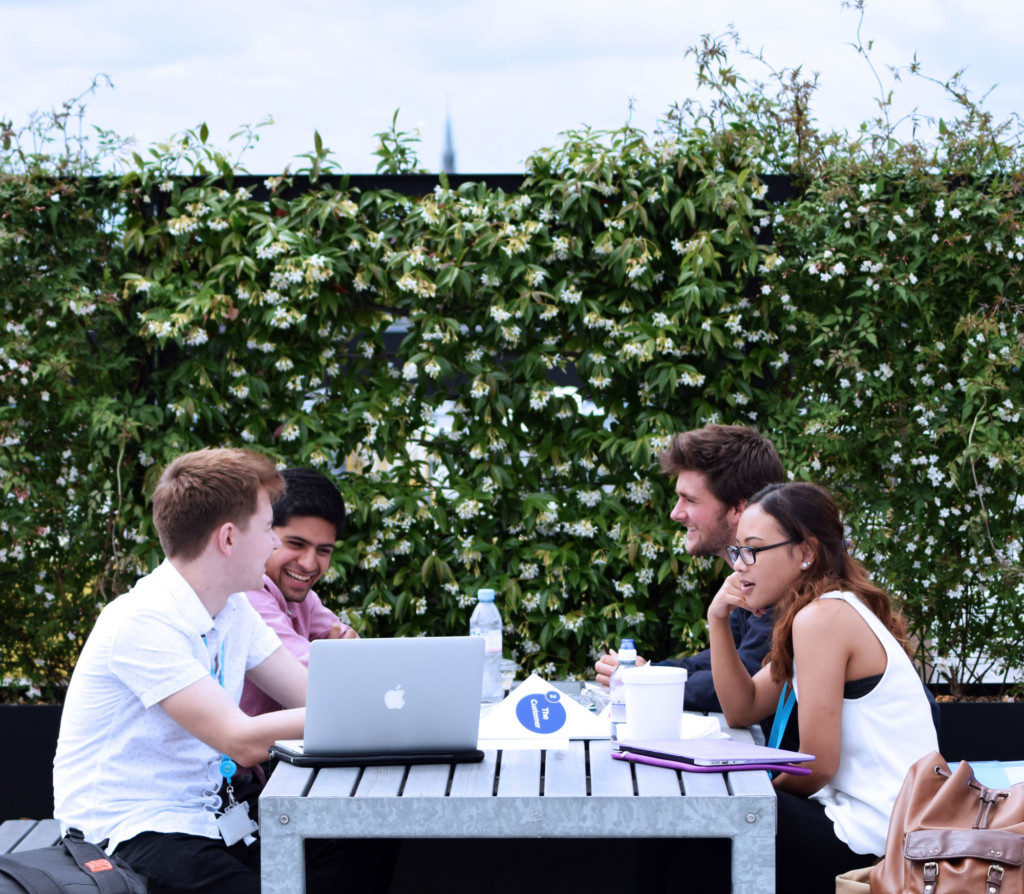Tips on how to readjust to life in the U.S.
What is re-entry shock?
Re-entry shock, also referred to as reverse culture shock, is real and it is normal.
- 85% of people returning from abroad have some kind of difficulty with re-entry
- If you are having difficulty re-adjusting to life in the U.S., you are not alone
Difficulty re-adjusting might include:
- Restlessness
- Rootlessness
- Depression
- Boredom
- Uncertainty and/or confusion about the future
- Changes in life goals and priorities
- Alienation, isolation, wanting to be alone
- Others don’t seem to understand you
- Negativity or intolerance toward the U.S., including common behaviors, attitudes, and customs
- Reverse homesickness: missing people, places, attitudes or lifestyles of your host country
How is it different than culture shock?
- Re-entry shock can be surprising and challenging in a different way
- You expect to go through an adjustment period when living in a new country…
- But you don’t expect to need to re-adjust to life in your home country
- Sometimes you don’t realize how much you’ve grown and changed until you return home
Tips for re-adjustment:
- Be flexible and expect the unexpected
- Let yourself be sad and miss the people and places that you left
- Read magazines and newspapers from abroad
- Get involved with international organizations or clubs
- Give yourself time to reflect on how this experience has changed you
- Focus on the positive ways you have grown because of the experiences you had and what you have learned
- Keep a journal of your observations, memories and reflections - and don’t forget to keep a sense of humor!
- Accept that you have changes and things won’t be the same as when you left - and that’s OK!
- Don’t isolate yourself—stay involved with activities that you enjoy!
- Give yourself time!
Who can I talk to about my experiences abroad?
Even though your experiences abroad may have been transforming, some friends or family may tune you out when you want to talk about it with them. This is a very common experience—don’t take it personally. Here are a few suggestions of what you can do instead:
- Meet up with people who have had similar experiences, such as international students or other returnees, to share your experiences, frustrations and joys
- Share your experience with others who are eager to hear about it: volunteer to talk to other students who are interested in studying abroad
Check out the involvement opportunities page to learn more about workshops and opportunities for returnees.
If you are experiencing significant difficulty with re-entry, seek out professional help. You can make an appointment with Counseling and Psychological Services (CAPS) or access 24/7 phone counseling by calling 209-228-4266.
Questions to reflect on:
- Did you come in contact with new and different values, beliefs or attitudes during your time abroad that resonate with you?
- What values, beliefs, and attitudes from home to you continue to identify with?
- In what ways do your new values, beliefs, and attitudes confict with your old ones?
- In what ways can your old values, beliefs, and attitudes be redifined and intigrated with the new in your daily activities, interactions and relationships?
- Are there any old values, beliefs & attitudes that you feel you need to give up? How would that affect your daily life and relationships?
(Reproduced from UCSB EAP.)
Update your address
Don’t forget to update your local address at UC Merced now that you are returning either through the UC Merced Connect app or the Change of Address form through the Students First Center.
Housing
If you are still looking for housing, see listings at the UC Merced Off-Campus Housing Board.



